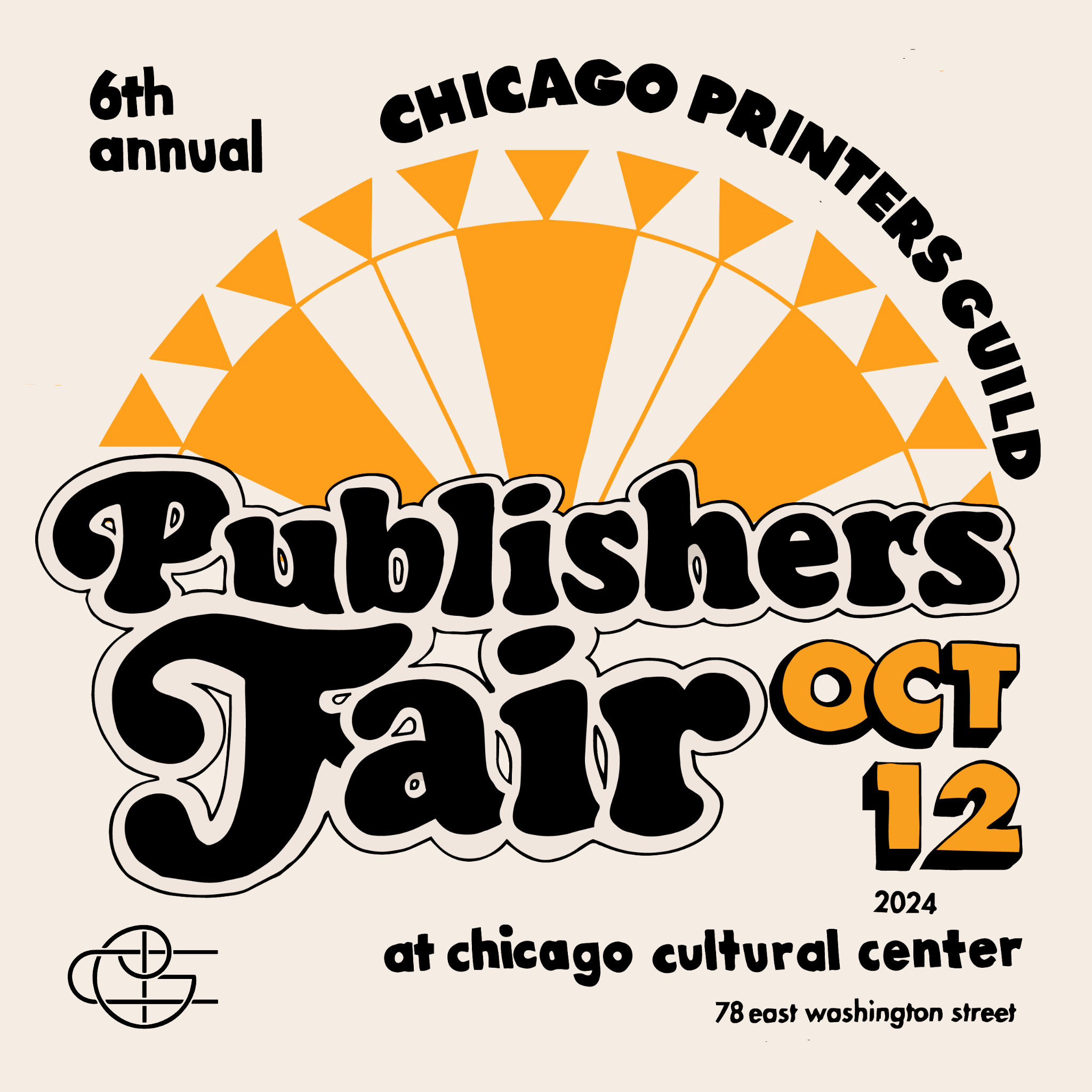This is quick, but I wanted to repost a great interview I came across in BOMBlog, wherein a writer set out to interview Sophie Calle and, for various reasons, failed.
Sophie Calle’s controversial project, The Address Book, was recently translated in English as a proper, purchasable book by Siglio Press. The book itself is based on a real-life address book of Pierre D. Calle found the book, and (after xeroxing ever page) returned it to its owner. With the facsimile at her disposal, Calle contacted everyone inside this stranger’s address book and interviewed them about the address book’s owner. When Pierre D. discovered what the artist was up to, he was outraged. “Eventually Pierre D. stumbles onto Calle’s plan and, as you may have guessed, was outraged. He threatened to sue the artist and bizarrely demanded that Libération publish nude photographs of Calle in return. To resolve the turmoil, Calle agreed not to publish her complete findings until Pierre D.’s death, which occurred earlier [in 2012]” (Huffington Post). This mode of inquiry gave Calle a means to understand certain things about this stranger, through the experience his contacts relayed. Like much of Calle’s work, there is an intensely voyeuristic aspect, what is now furthered by her now-totally-public findings. The interview I refer to doesn’t actually ever present Calle’s answers to any questions. Instead the artist remains remote as one of her subjects.
The interviewer is left with unanswered questions that nevertheless offer insight into the project. I have included an excerpt below:
I thought Sophie Calle was blasting Van Morrison in her studio when I called for an interview. A few minutes later she told me to turn my music down. The hold-songs were a comically misread sign that the third party conference-call site was not in fact recording our conversation. We ultimately forfeited to the mechanical obstacles that foiled our attempts to start over. Had I understood the technology, had we had more time, had “Born to Run†not drowned out our brief interaction, I would have interviewed Sophie about The Address Book—her project from 1980 newly translated into English and published by Siglio Press.
The controversial project has attracted a sizable viewer/readership, but for those who aren’t familiar: it is a compilation of text and images that documents Sophie Calle’s encounters with the acquaintances listed in an address book she found on Rue des Martyrs. Before returning the book to its owner, known to us as Pierre D., Sophie photocopied its contents in order to build a portrait of a missing subject by contacting his contacts. Each documented encounter yields a new impression with a new valence; overlay them all and a figure may start to take shape. Toward the end Calle reflects, “The descriptions merge together. The picture gets more defined and exhausts itself at the same time.†Some examples: Paul B. characterizes Pierre as “a child forgotten in an airport;†Jacques O. remarks on his “well-mastered incongruity;†and Marianne B. describes him as “a cloud in trousers.†Other encounters yield nothing besides Calle’s reconsideration and doubt concerning her work. Pierre’s brother, a psychoanalyst, declined the invitation because the project was “too inquisitive.†The accompanying photos—a chair Pierre liked to sit in, his building’s peeling ceiling, the crotch of an informant—are equally inquisitive, and quietly illustrative. (read more)
That said, if you’re like me and still curious, I also found the following youtube video where Calle talks about her approach to editing (among other things)…
- Corresponding Between Found and Made: An Interview with Jessica Stockholder - October 5, 2016
- Plant Humans of the Future: An Interview with Saya Woolfalk - August 30, 2016
- Reading with My Whole Body: An Interview with Essi Kausalainen - August 29, 2016







